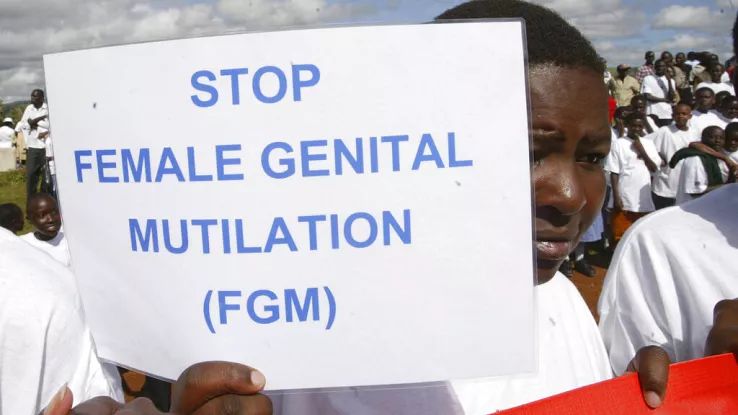Gambian lawmaker tables bill to repeal FGM ban
A bill to repeal the Women’s (Amendment) Act 2015, which banned circumcision and other forms of FGM, has been introduced by a Gambian lawmaker in the national assembly. The bill, which was presented for a first reading on Monday, aims to reverse the current law that criminalizes FGM.
FGM involves the alteration or cutting of the external female genital organs for non-medical purposes. Under the current law in The Gambia, those convicted of performing FGM could face up to three years in prison, a fine of 50,000 dalasi (£622), or both. In cases where FGM results in death, the perpetrator may face life imprisonment.
The bill’s sponsor, Almameh Gibba, argues that FGM is both a cultural practice and a religious rite in The Gambia, where the majority of the population is Muslim. The issue of FGM is divisive within Islam, with some scholars supporting the practice and others condemning it.
Debates over the ban on FGM have been ongoing in The Gambia since its introduction nearly a decade ago. Last August, three women were convicted of FGM in the country’s first prosecution under the 2015 law, with the support of an influential cleric. Deputy Speaker Seedy Njie of the National Assembly has stated that there is a strong commitment among the majority caucus to defeat the bill seeking to repeal the ban on FGM.
According to the World Health Organization, over 200 million girls and women currently living in 30 countries in Africa, the Middle East, and Asia have undergone FGM.






















































